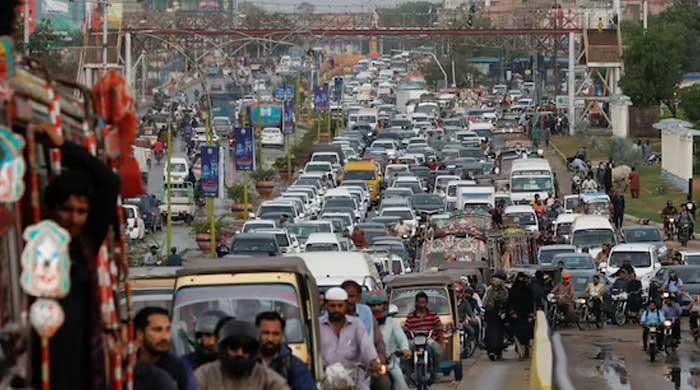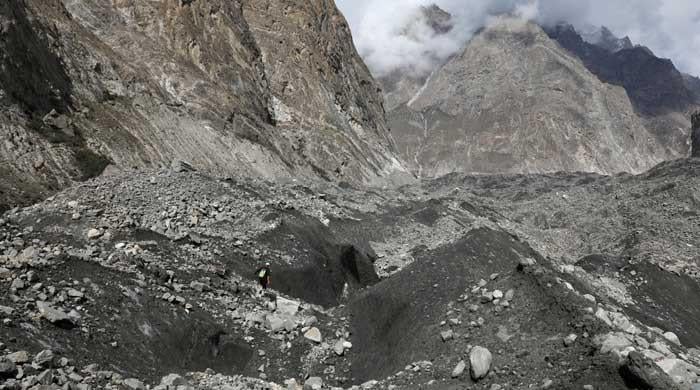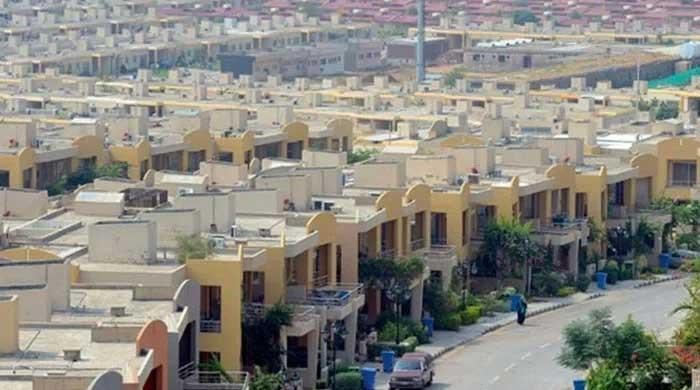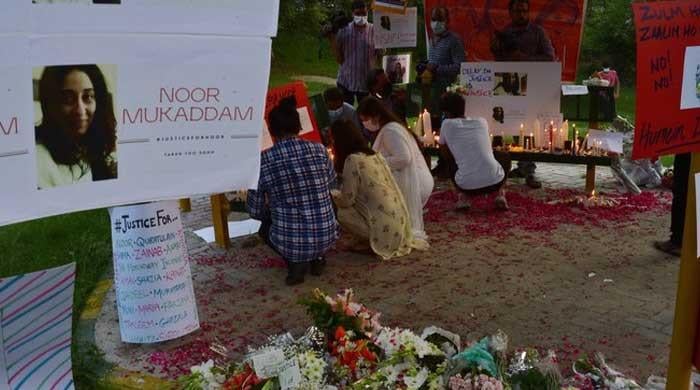Child labour: Are we doing enough to stop it?
Recently, two minor brothers, working as domestic servants in Lahore, were brutally beaten
August 05, 2022
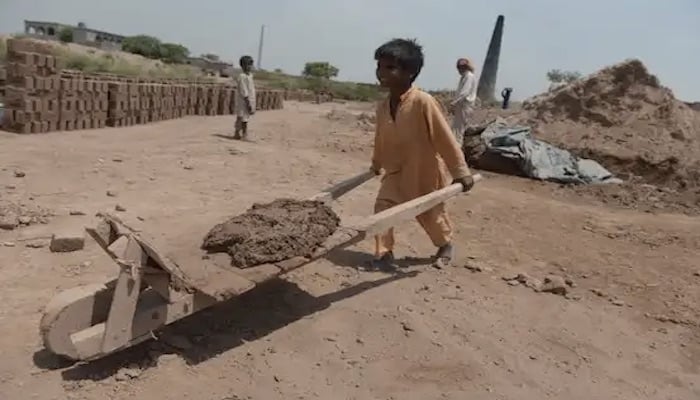
Article 11 of the Constitution of Pakistan clearly states that no child below the age of 14 years shall be engaged in any factory or mine or any other hazardous employment. Yet, child labour continues unabated in the country.
Recently, two minor brothers, working as domestic servants in Lahore, were brutally beaten. One child even succumbed to his injuries.
While civil society members vehemently condemned the incident, it is important to also ask: why were these children working as domestic workers when the law prohibits it?
One would have thought that we would had learned our lessons after the case of Tayyaba – a juvenile maid who worked at the house of the additional sessions judge in Islamabad. In 2017, Tayyaba was bludgeoned by the wife of the judge. The case caught media attention and led to the arrest of the employers.
It is unfortunate, and almost criminal, that invisible children are mostly ignored by the society, unless the media or social media highlights their stories.
This is neither the first nor the last case in which children will be hired as domestic help on the pretext that they are being given a better life. Such domestic human trafficking will continue as there is a constant supply from those struggling to live on or below the poverty line.
One thing is certain. There will be others like Tayyaba and these brothers, as the economic situation in Pakistan is only getting worse.
According to the Asian Development Bank, in Pakistan ‘the proportion of employed population above the age of 15 years, who earn below $1.90 a day in 2021 is 3.7%.
Indicators reveal that more people will be pushed closer and below the poverty line due to the turmoil in the country as tens of millions of people in the country live on less than $3.20 a day, which is below the World Bank's poverty line for lower-middle-income economies
These children exist within the society as invisible entities and sub-human, deprived of their status as citizens. There are several laws which protect children in Pakistan, but what is the point of having so many laws when the majority of the population remains ignorant of them and if they are seldom implemented?
Unless real result-oriented action is not taken by the government and society, we will continue to see children suffering.
What can be done? One, more effort needs to be put in to ensure there is better family planning in the country.
According to the National Commission on the Rights of Child, Pakistan has the second-highest number of Out of School Children in the world at about 22.8 million. There are an estimated 1.5 million street children in Pakistan in 2014. These children need to be in schools not in hazardous working environments.
The government should brainstorm with international organizations like UNICEF, Save the Children and local NGOs to immediately provide safe havens to these children, reunite them with their families or put them into vocational educational organizations. However, such methods have been deployed in the past and obviously have not worked out very well. It is important that the government and organizations set achievable short-term goals that are monitored and audited by independent sources.
For this, the government does not have to start from scratch, as the National Commission for Child Welfare and Development (NCCWD), is already working under the Ministry of Human Rights and is responsible for coordinating, monitoring and facilitating the implementation of the United Nations’ Convention on the Rights of the Child.
The NCCWD also submits mandatory periodic reports on the implementation of the UNCRC to the UN Committee on the Rights of the Child, Geneva and other quarters.
It is time the NCCWD worked harder on its vision to create a child-friendly society that places children at the centre of development, recognizes their individuality.
Pakistan has also ratified the International Labour Organisation’s Domestic Workers Convention, which determines the minimum acceptable standards for domestic work, including the age of workers, hours of work, minimum wages and remuneration, basic rights, occupational safety and health considerations.
This Convention strengthens and supports Articles 25(1) and 25 A of the constitution of Pakistan which state that “all citizens are equal before the law and entitled to equal protection of the law” and everyone has a right to education.
It is time to implement all these laws to help the victims, in this case very young children.
Naqvi is a freelance journalist.




